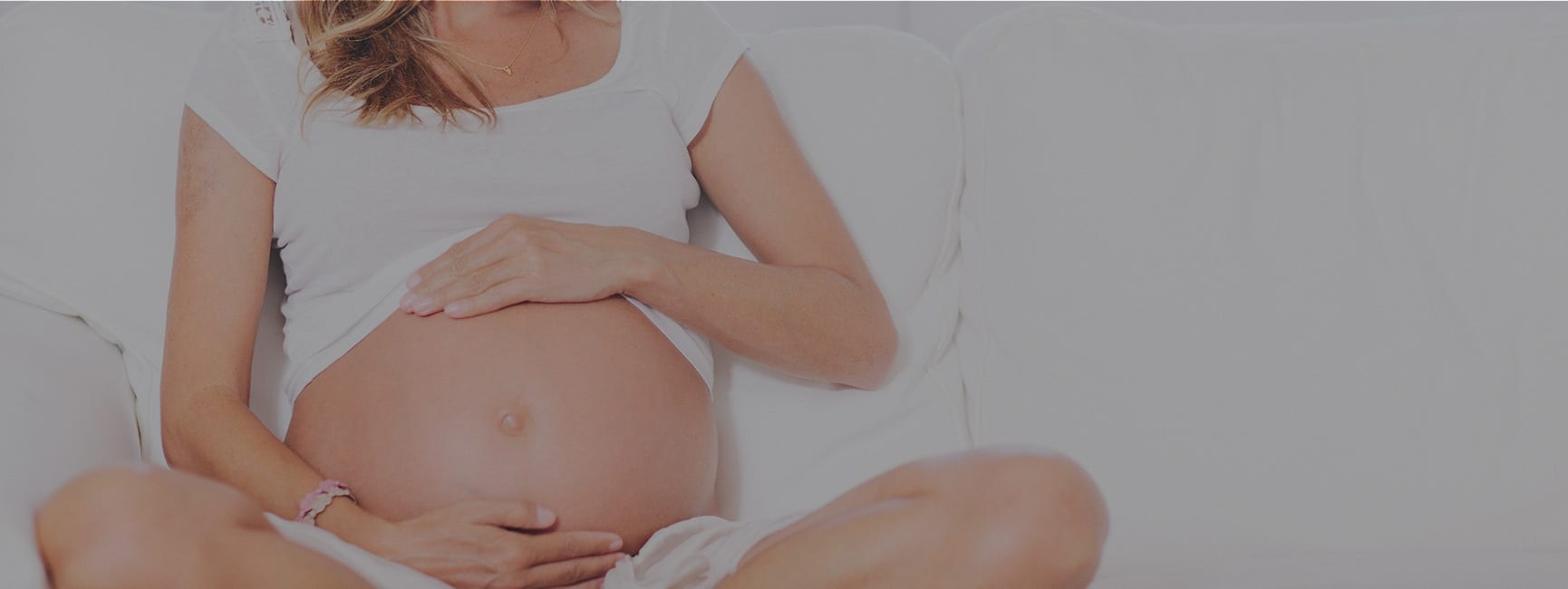Hormonal changes occur throughout a woman’s life. As a result of that, during certain stages, she may have special oral health needs. Puberty, menstruation, pregnancy, menopause and oral contraceptives (birth control pills) can have effects on the health of a woman’s mouth.
Puberty
During puberty, sexual hormones (oestrogen and progesterone) cause a female’s body to mature. In addition to the visible body changes, the increase of the sexual hormones can change the way the gums respond to germs (bacterial plaque) in the mouth. The gums can become more susceptible to infections (gingivitis) and may become very red and swollen, and may bleed a lot.
Menstruation
The oral concerns associated with the onset of puberty are much the same during the menstrual cycle. Occasionally, women who are prone to canker sores and cold sores may develop a pattern where these sores recur during every menstrual cycle.
Pregnacy
Gingivitis is the most common oral condition associated with being pregnant. It occurs in 60 to 75 % of all women who are pregnant. As during puberty and menstruation, the increase in hormones exaggerates the gum-tissues response to bacterial plaque. Pregnancy gingivitis may begin in the second month and increase in severity through the eighth month. Symptoms include swelling, bleeding and redness of the gums. In addition to the overall gum changes, one area of the gums (usually between the teeth) may swell and produce what is called a “pregnancy tumor”. Often this area is enlarged, dark red or bluish in colour, and is difficult to keep clean. Generally, the tissue decrease in size after the birth of the baby, but sometimes the tissues need to be removed by a dentist. The best way to combat pregnancy gingivitis is to continue to be diligent with both home-care and dental appointments.
Often women will avoid dental checkups for fear that the treatment might harm the baby. Untreated decayed teeth put a mother and her baby at risk for infection. For example, researchers have found a link between periodontal disease (gum disease) and premature birth of low weight babies. One recent study suggests that women who have periodontal disease have 7.5 times higher risk of having a premature birth of their babies (with low weight) compared to women who did not have periodontal disease. Therefore, it is extremely important that an expectant mother have a healthy mouth and see a dentist early in her pregnancy.
Some women experience dry mouth while pregnant. Frequent sips of water and chewing on sugarless chewing-gum or sugarless candy can help alleviate this symptom.
Diet can affect cavity-formation as well as the health of the developing baby. It is very important that a mother eat nutritious foods while pregnant and avoid high sugar or empty calorie foods. Nutritional guidance from an obstetrician is recommended.
After your baby is born, you will want him/her to start early with good oral health habits. To avoid the risk of baby-bottle tooth-decay, never put your baby to bed with milk, formula, juice or any other sugary liquid.
What many women don’t realize is that their dental/oral health plays a large part in their overall lifetime health. Because periodontitis (an advanced state of periodontal disease in which there is an active destruction of the gum-tissues) is often a “silent disease” without symptoms, many women are not aware of it until it reaches an advanced stage.
The good news is that at each stage of your life, through awareness and good home-care habits, you can safe-guard your oral health.
The monthly cycle
During the menstrual cycle, some women may experience bleeding Gums. This is called menstruation gingivitis, and occurs about the same time as the premenstrual syndrome. Once the menstruation begins, the symptoms / bleeding clears up.
Menopause and Post Menopause
Women going through menopause or post-menopause may experience changes in their mouths. They may notice discomfort from pain and burning sensations, dry mouth and altered taste. Some symptoms include gums that appear shiny and dry and gums that bleed easily. Additionally, bone-loss is associated with both periodontal disease and osteoporosis. Oestrogen deficiency can result in a loss of bone mineral density, which can increase the chances of bone-loss.
In this stage of a woman’s life her lifestyle should consist of daily exercise in a non-aggressive manner. Also changing food habits geared to healthy bones by boosting your calcium intake.
In conclusion it is very apparent that when a women is pregnant is it very essential that she maintains an excellent oral hygiene care to prevent diseases for her and for her baby. By doing so she will guarantee good health for her and child.
Frequent maintenance visits by her dental hygienist where she receives educational instruction of a good daily oral homecare habits.








